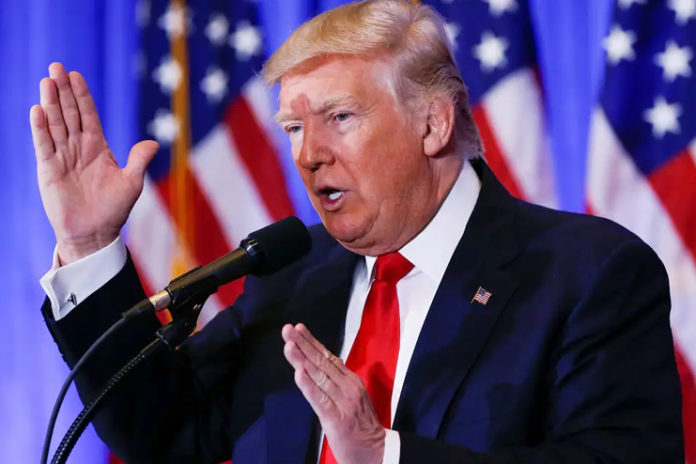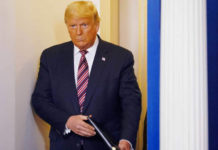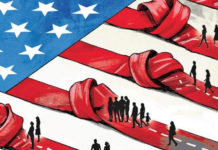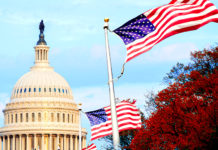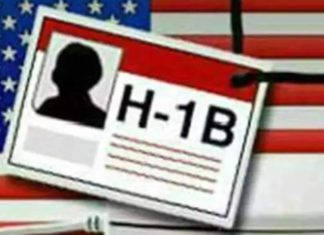In spite of vows by President Donald Trump in January to improve the visa application process for highly-skilled foreign workers seeking H-1B visas, the immigrants with specialized skills are seeing work visa applications get stuck in lengthy processing queues, or denied together, according to Associated Press.
The aftermath is as well starting to impact how businesses operate and what kind of labor shortages some expect to see in the coming years.
According to the AP, one Minnesota architect estimated his firm turned away around $1 million worth of work in 2018 because they simply did not have enough qualified people on staff to handle the responsibilities.
H-1B visa allows the U.S. employees to temporarily employ foreign workers in specialty occupations.
Individual H-1B visa seekers reported having their lengthy, detailed applications denied by the United States Citizenship and Immigration Services (USCIS) after what some immigration attorneys say is an increased demand for evidence to prove their cases.
Every year, around 85,000 H-1B visas are allotted for approval, which means no more than that number will be issued in a single year. And many major companies pin hopes on workers from abroad obtaining H-1B visas to fully staff up as domestic labor shortages continue to increase.
For instance, in 2016, 20 companies sponsored a whopping 37 percent of all workers with H-1B visas to work in the U.S. Of the top 30 organizations that sponsored the most H-1Bs, more than one third were Fortune 500 companies. But it is not just top companies submitting applications. In 2016, more than 40,000 companies submitted H-1B applications for that fiscal year.
In August, tons of chief executives officers representing top American companies including American Express, Apple, and AT&T penned an open letter to Department of Homeland Security Secretary Kirstjen Nielsen to express what they called “our serious concern about changes in immigration policy that are causing considerable anxiety for many thousands of our employees while threatening to disrupt company operations.”
They wrote that USCIS had changed policies, which impacted workers with application filings and renewals in the process and for no other reason created too much uncertainty for many workers and their families to bear.
The writers noted, “Inconsistent immigration policies are unfair and discourage talented and highly skilled individuals from pursuing career opportunities in the United States.”
-Sowmya



































